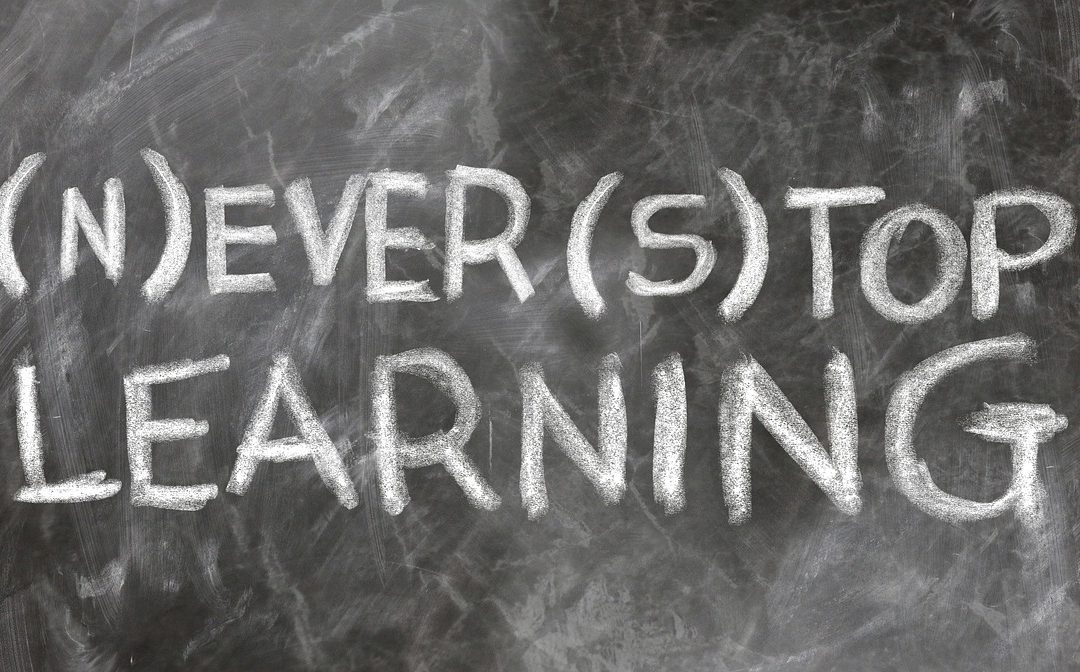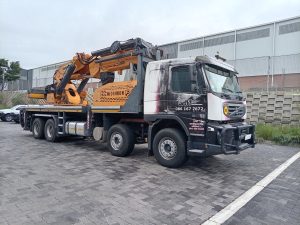By Zandile Nyathi, Head of Human Resources: SPM
Work today is rarely predictable. New challenges emerge, processes evolve, and teams are asked to do more with less. In this context, the ability to learn continuously is no longer a bonus—it is essential. It is what keeps teams capable, confident, and resilient when the unexpected occurs.
Experience will always matter. Knowledge will always matter. But neither will carry a team forward if it is static. The people who thrive are those willing to stretch beyond what they already know, to embrace new approaches, and to reflect on what works and what doesn’t. Learning happens in small moments: in conversations, in problem-solving, in asking questions, in sharing insights with colleagues. It becomes part of the way we work, not something that happens in a separate session or workshop.
Creating an environment where learning is continuous takes intentional effort. It means mentoring colleagues, providing opportunities for coaching, sharing expertise across teams, and creating spaces for dialogue and reflection. Recognition plays a critical role. When employees see that their efforts to grow are noticed and valued, it encourages others to do the same. It sends a clear message that curiosity, initiative, and improvement are part of what defines success.
Continuous learning also strengthens teams against change. When priorities shift, processes are updated, or new challenges arise, teams that are used to adapting and growing are ready. They respond with confidence, collaborate effectively, and remain engaged, even under pressure. People feel empowered because they know their skills are growing alongside the organisation’s needs.
This kind of learning is not abstract. It has measurable impact. Teams that embrace growth and adaptability work more efficiently, make better decisions, and contribute to safer, more reliable outcomes. Employees feel more fulfilled and invested in their work, and organisations benefit from a workforce that can respond and perform in ways that sustain long-term success.
Investing in continuous learning is an investment in people and in resilience. Leaders shape this culture by creating space for curiosity, by encouraging skill development, and by making learning an everyday expectation. It is not enough to provide resources or programs. Learning must be part of the rhythm of work, woven into daily practice and recognised as a driver of real results.
At its core, continuous learning is a mindset. It is about embracing challenges, valuing curiosity, and seeking improvement—not because someone tells you to, but because you see the difference it makes. Organisations that foster this mindset cultivate environments where people thrive, where ideas circulate freely, and where resilience becomes embedded in the culture. That is the future of work, and it is the foundation of strong, enduring teams.

